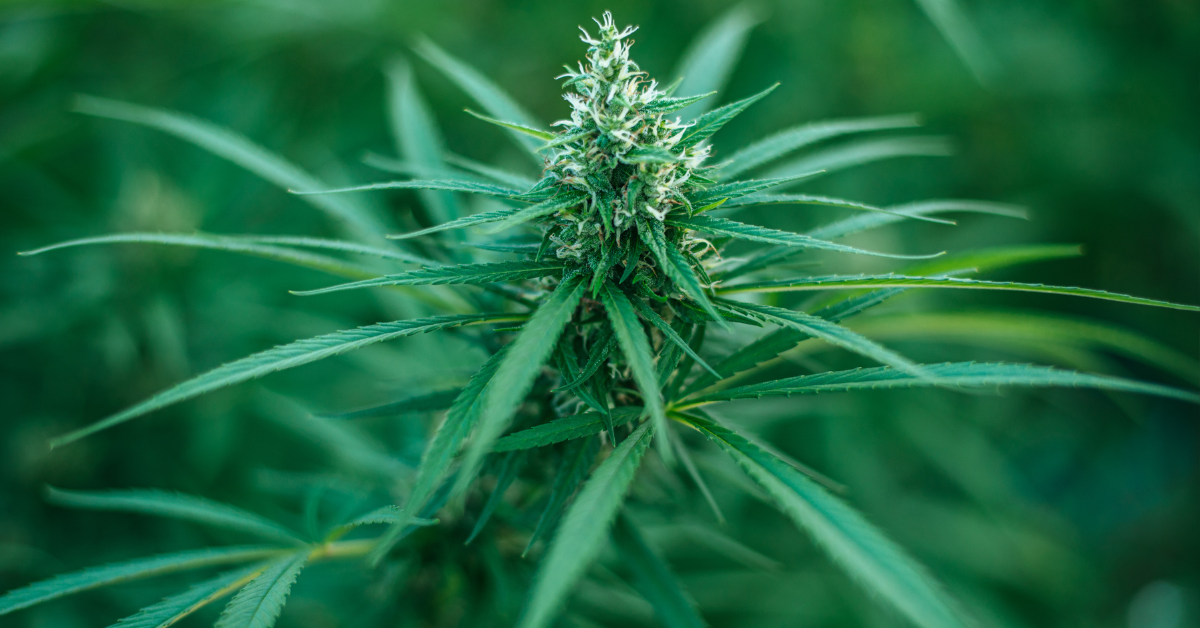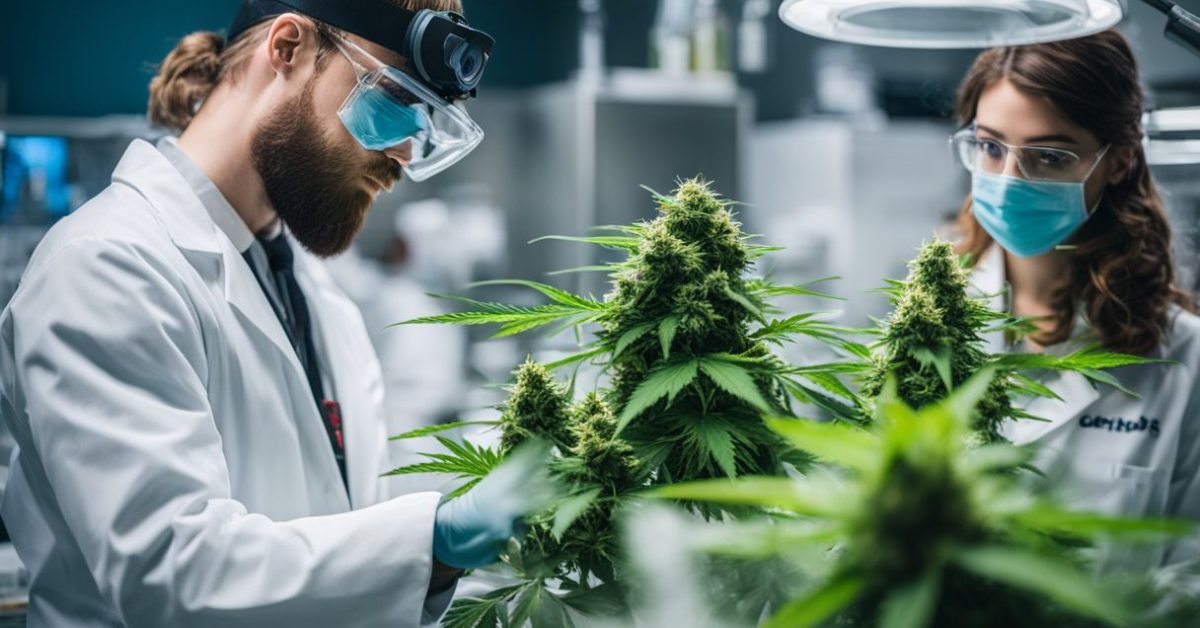
Securing a cannabis license is a crucial milestone for any business aiming to operate legally in this highly regulated industry. However, the application process is complex and leaves little room for error. Even minor missteps can delay approval, increase costs, or result in outright rejection. Understanding common pitfalls helps applicants stay ahead and submit a strong application the first time.
In this guide, we will break down frequent mistakes and provide clear advice on how to steer clear of them. Whether you’re preparing your first submission or revisiting your strategy, avoiding these mistakes can save valuable time and resources.
Applying for a cannabis license isn’t like registering a regular business. It involves strict documentation, extensive proof of compliance, detailed operational plans, and an understanding of local, provincial, or federal rules depending on your jurisdiction.
Several factors contribute to the complexity:
This complexity means many well-intentioned applicants run into trouble because they underestimate what regulators expect.
Let’s explore the most frequent missteps that can jeopardize an application.
Missing a signature or uploading outdated forms can derail your submission. Regulators typically require:
Before submitting, cross-check every document and use a checklist to ensure nothing is overlooked.
Many applicants focus on federal or provincial requirements but overlook local land use restrictions. Municipalities often have strict zoning laws that dictate where cannabis operations can be located. Submitting an application without confirming zoning compliance can lead to rejection or forced relocation.
Tip: Before signing a lease or purchasing property, confirm the zoning status with the local planning department.
Starting a cannabis business demands significant upfront capital. Regulators look for proof that an applicant has the financial stability to operate responsibly. Insufficient funding plans or vague financial statements can raise red flags.
To avoid this:
Security is one of the most scrutinized aspects of a cannabis license application. Regulators want assurance that your facility will prevent theft and unauthorized access.
A solid security plan should include:
Applicants often fail to provide enough detail or assume generic security measures suffice. Instead, tailor your plan to your specific facility and local crime risks.
Cannabis businesses must maintain product safety and consistency. Regulators expect a clear quality assurance plan detailing:
Failing to demonstrate how you’ll monitor product quality can result in disapproval. Partnering with experts like MFLRC ensures your QA/QC systems meet required standards, including GMP and EU-GMP.
Public concerns often influence local councils when approving new cannabis businesses. Some jurisdictions require applicants to demonstrate community consultation or support.
To avoid community backlash:
A common trap is relying on free or generic application templates found online. While templates can help with structure, they rarely satisfy regulators who expect site-specific plans.
Each operation has unique characteristics based on location, facility layout, staffing, and local rules. Customizing your documents to reflect these specifics makes your application more credible.
The final mistake is assuming you don’t need expert guidance. The cannabis licensing landscape is technical and time-consuming. Mistakes are easy to make without up-to-date regulatory knowledge.
Consulting firms like MFLRC specialize in navigating these challenges. From writing SOPs to conducting compliance audits, having professionals on your side reduces risk and helps you submit a complete, compliant application.

Beyond avoiding mistakes, applicants should follow best practices to improve their chances of approval. Here are some practical steps:
Navigating licensing rules, quality assurance frameworks, and compliance standards can be overwhelming. MFLRC helps businesses in cannabis, pharmaceuticals, food, cosmetics, tobacco, and natural health industries stay compliant and competitive.
Our team offers:
With our guidance, you gain confidence that your application meets regulatory standards and aligns with best practices.
A cannabis license can open doors to a thriving business, but the application process is not forgiving of shortcuts or mistakes. Knowing what to avoid and where to seek help is vital for a smooth path to approval.
If you’re planning to apply for a cannabis license or want to review your existing compliance strategy, reach out to MFLRC today. Make sure your application stands out for all the right reasons.
| Disclaimer |
The above blog post is provided for informational purposes only and has not been tailored to your specific circumstances. This blog post does not constitute legal advice or other professional advice and may not be relied upon as such. |

MFLRC is a one-stop shop for all of your Licensing, quality assurance and compliance needs. Our team has years of experience in the cannabis industry and are experts in all facets. We offer a variety of services that will save you time and money. Let us take the burden off your shoulders so you can focus on what’s important – growing your business.
Contact us Now!
Mussarat Fatima, President, and owner of MF Cannabis License and Regulatory Consultants has more than twenty years of experience in Quality Assurance, Quality Control, and Regulatory Affairs within the pharmaceutical, Food and Cannabis industries. She has a Master’s Degree in Food Sciences and Biochemistry; in addition to this, she also has a diploma in pharmaceutical Quality Assurance, Regulatory Affairs, and Quality Control. Also, she has completed several certifications specifically in Cannabis Quality Assurance, Regulatory Affairs, and Facility management from recognized institutes in Canada.

Written By: Mussarat Fatima
President at MF License & Regulatory Consultants
Website: https://mflrc.com/
Contact: info@mflrc.com